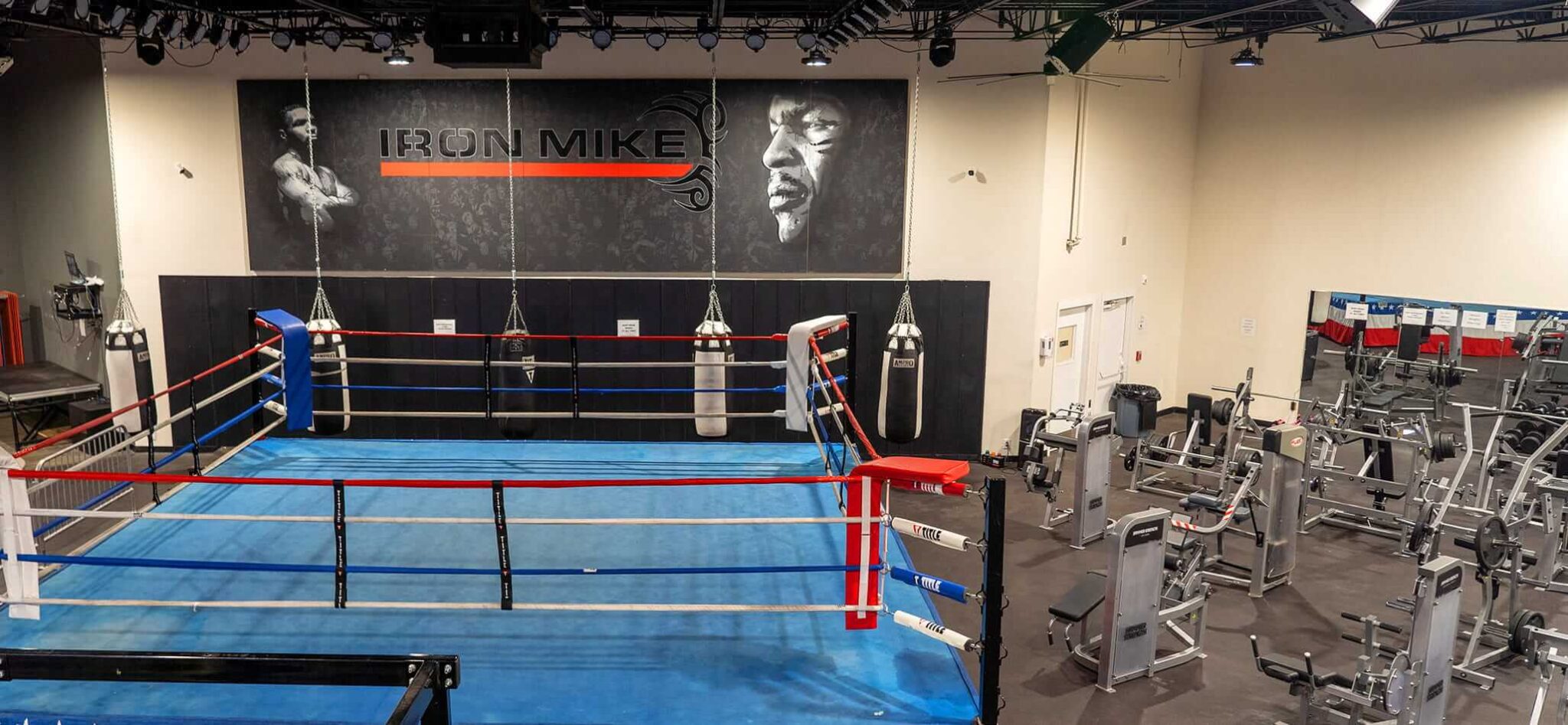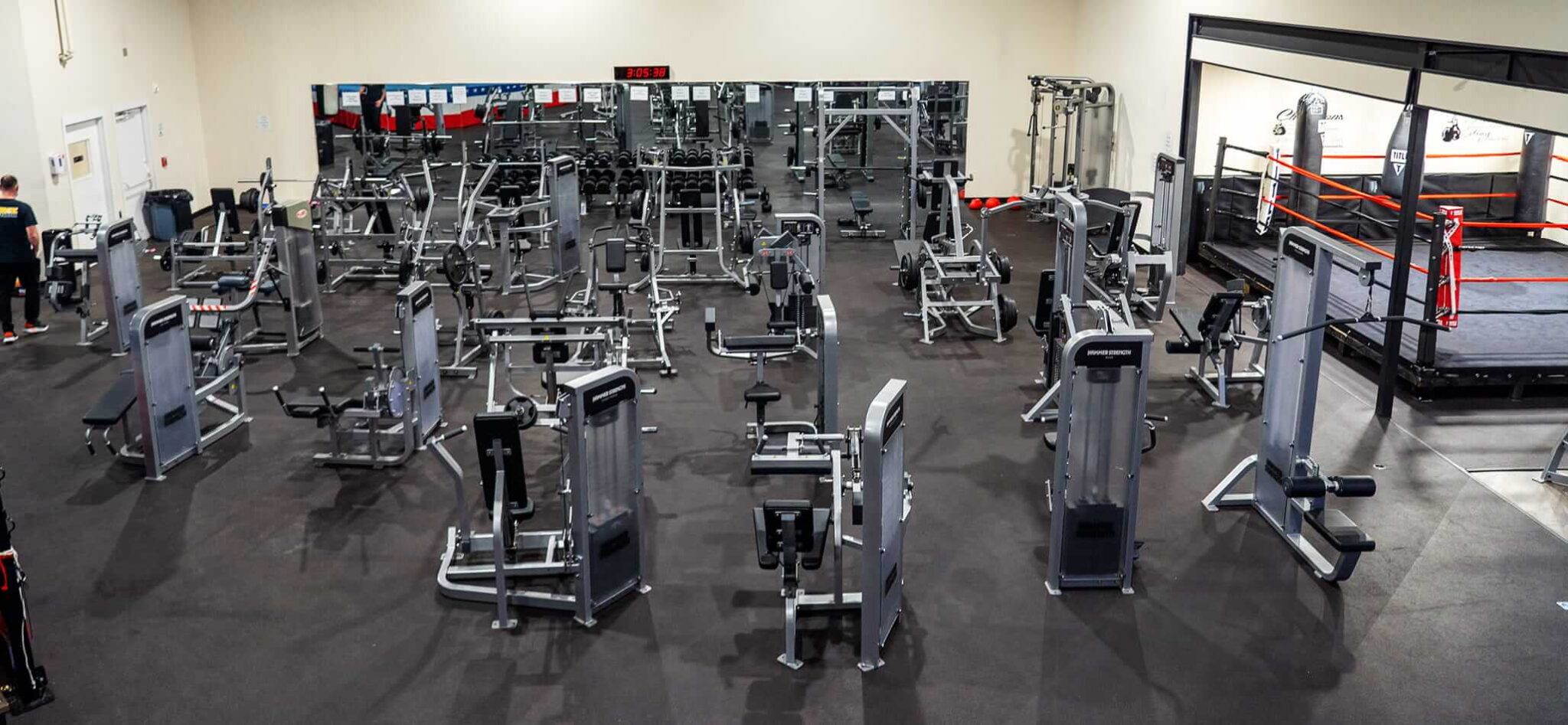ADA and Addiction Treatment Options in Florida

Understanding the ADA and Its Implications for Addiction Treatment
The ADA is the Americans with Disabilities Act, an important federal civil rights law put forth by the US government to protect people with disabilities in many facets of their public life. This act prohibits discrimination based on disability, guaranteeing that people who have a qualified disability have the same opportunities, and courtesy as everybody else. This includes protecting people who have mental health disorders, like substance use disorders, who follow ADA addiction treatment rules.
The protections provided by the ADA ensure employers cannot discriminate during the hiring process, after extending a job offer, or when a person has been hired. If you have a history of addiction and have undergone treatment, your employer can not discriminate against you, and they must give you the same opportunities that anybody else would get. The same rules apply to anybody who is currently in rehab and is not using drugs anymore, as well as people who have been mistakenly labeled as drug users. This act is incredibly important, as over 22 million people throughout the US fall into these categories.
The ADA’s Role in Protecting Employees with Addiction Issues
The Americans with Disabilities Act applies to employers with 15 or more employees, including government workers and labor unions. If you are an employee with a substance use disorder with a history of impairment that has limited your major life activities, you likely qualify under the ADA, as addiction impairs the way the brain works, along with affecting neurological functions, behavioral health, and social function.
If you qualify, the ADA will ensure equal access to employment opportunities, including promotions, extra training, social activities, pay raises, recruitment, and hiring if you meet the same requirements as other employees.
Addiction Treatment Services Covered Under the ADA

If you have a substance use disorder, you may be entitled to certain behavioral health benefits, which include access to addiction treatment services like safe medical detox programs, inpatient rehabilitation, and outpatient treatment plans. In order to qualify for ADA addiction treatment, you must:
- Establish you have a disability, with medical evidence like a letter from your doctor
- Determine whether you will still be impaired, even after stopping drugs and alcohol
Those with an addiction will require treatment for the underlying causes of their substance use disorder. They will likely require short- or long-term therapy, behavioral health care, and medical services. Once you’re ready, you may get treatment at an approved facility. These facilities may include some or all of the following:
- Detoxification centers – this is usually the first step in a recovery program for drugs and alcohol. The brain and body need time to reset after these substances are removed from your system, and staying in a medical detox center will ensure you’re kept safe, even if withdrawal symptoms occur. Many inpatient detox centers offer 24-hour oversight by trained doctors and nurses who can offer you prescription medications to keep you safe and comfortable during this sometimes challenging time.
- Inpatient (residential) treatment centers – these are residential treatment centers where patients move in, usually for 30 to 90 days, attending full days of treatment and sleeping in the center. Depending on their unique needs, they may also receive behavioral therapy, family counseling, health and exercise programs, holistic treatments, evidence-based treatments, and more.
- Outpatient rehab programs – outpatient treatment plans are offered to people who have finished their time in inpatient treatment, as well as to people who would prefer to continue living at home, or who cannot leave home for personal reasons. Outpatient programs can be full-day partial hospitalization programs, or they can be customized part-time treatment plans, called IOPs, or intensive outpatient programs.
- Aftercare services – Addiction is a chronic disease that requires consistent work, especially during stressful life events and around the holidays. People who stay connected to therapists, doctors, and peer support groups are better able to stay in recovery long-term.
Navigating ADA Protections and Seeking Treatment
When arranging for rehab and dealing with an ongoing substance use disorder, the last thing you want to worry about is whether you’ll still have your job when you get back. Thanks to ADA addiction treatment laws, you don’t have to worry about jeopardizing your job, because addiction is considered a legitimate medical condition. Your employer cannot fire you or refuse to promote you when you return to work.
When you’re ready to go to rehab, it is best practice to give your employer as much notice as possible, give them the documentation they need, and check in with them to find out how to maintain your health insurance coverage and whether you can use any paid time off while you’re away. Your employer will know your leave is protected by ADA laws. This means you can return to work without discrimination, retaliation, or stigma, the same as if you had left work for any other medical problem.
Legal Obligations of Employers Under the ADA
Under the ADA, employers cannot:
- Refuse to hire an individual because they’ve been to rehab, or have had a substance use disorder or alcohol use disorder in the past
- Terminate a person’s employment while they are away getting addiction treatment
- Ask questions about an employee’s past substance use and treatment, unless it directly affects their job
- Refuse to promote a person who has been to treatment, or who has a history of substance misuse
If the employee is currently using illegal drugs or has been using drugs or alcohol while at work, they are not covered by ADA laws.
Challenges and Considerations in ADA and Addiction Treatment
According to the US Commission on Civil Rights, between 10-25% of the American population is sometimes on the job under the influence of illicit drugs. Not only is this dangerous in many circumstances, but it also presents challenges for those who want to get help for their substance use disorder, muddying the water and promoting negative stereotypes about drug abuse and alcoholism. Employers are allowed to keep the workplace free from drugs and alcohol. They can administer drug tests and deny employment to people currently using substances, but they must still abide by the laws surrounding those in recovery.
Alcohol addiction is treated differently from illegal drug addiction. Alcohol use disorder is considered a disability whether the alcohol is used in the past or present, while those who are addicted to drugs are only protected if they are in recovery and are no longer using the drugs. This includes illegal drugs, as well as the misuse of prescription medications.
People who use illegal drugs are not protected by ADA laws, but those with an alcohol use disorder are. This means that employers may need to offer a modified work schedule for them to be able to attend support meetings or provide a leave of absence so they may attend treatment.
The ADA treats each case individually, as employers cannot blame misconduct on alcoholism, and they must hold the employee up to the same standards as everybody else, which can be complicated. The amount of time you must be in recovery is also determined on a case-by-case basis, because people with opioid use disorder may be prescribed medications like methadone, buprenorphine, or other drugs as part of their medication-assisted treatment (MAT) plan.
Selecting the Right Addiction Treatment Program in Florida
When choosing the right ADA addiction treatment program, you may want to research places that offer:
- Evidence-based treatments (treatments proven effective by peer-reviewed science)
- Behavioral health care
- Medical detox programs and medication-assisted treatments (MAT)
- Treatment in a location that works for you, especially during outpatient rehab
- Programs and amenities that interest you
- Inpatient and outpatient options
- Aftercare programs that continue to offer recovery services and community connections after rehab
How WhiteSands Treatment Complies with the ADA
WhiteSands is a licensed, accredited treatment center for substance use disorders, offering treatment modalities such as:
- Medical detox programs
- Medication-assisted treatment plans (MAT)
- Short-term and long-term inpatient rehabilitation
- Partial hospitalization outpatient programs (PHPs)
- Intensive outpatient programs (IOPs)
- Aftercare services
We customize each patient’s treatment to best suit their unique needs. Not only do we address the medical and behavioral issues associated with addiction, but we also help with practical concerns including housing, addressing workplace concerns, verifying insurance coverage, and reintegration with the community after treatment, with a strong focus on relapse prevention.
Our facilities are comfortable, with luxury amenities and a supportive, welcoming atmosphere, and we offer an integrated combination of evidence-based, scientifically proven treatments and therapies along with holistic and alternative healing practices, giving each patient the best chance at achieving long-term recovery. If you are ready to stop using drugs and alcohol, please give us a call at 877-855-3470 to find out more about our services, treatments, and options. We can help you.
If you or a loved one needs help with abuse and/or treatment, please call the WhiteSands Treatment at (877) 855-3470. Our addiction specialists can assess your recovery needs and help you get the addiction treatment that provides the best chance for your long-term recovery.


























